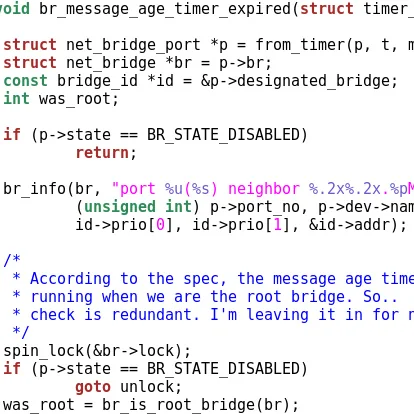Flatpak 1.3.2 Released - Now Makes Use Of A Custom FUSE File-System

A big change was made with Flatpak 1.3.2 affecting how system-wide installations are done as a user. Up to now Flatpak relied upon a process involving a temporary user-owned directory and copying from there, but that method involved unnecessary I/O and temporarily using more disk space.
Starting with Flatpak 1.3.2, a custom FUSE file-system is relied upon that the user writes to and the files can be directly imported into the system repository without any extra copy operations. But due to this, Flatpak now depends upon FUSE (File-Systems in User-Space) and also requires a "flatpak" user on the system as well as ensuring SELinux doesn't interfere with the process to which there is a new SELinux module.
Flatpak 1.3.2 also now supports a rebasing version of end-of-life, a new permission to access smart cards, new fields for Flatpak repository files, and other changes.
More details on the Flatpak 1.3.2 development release via Flatpak's GitHub. These changes will ultimately culminate with the Flatpak 1.4 stable release later this year.
49 Comments

